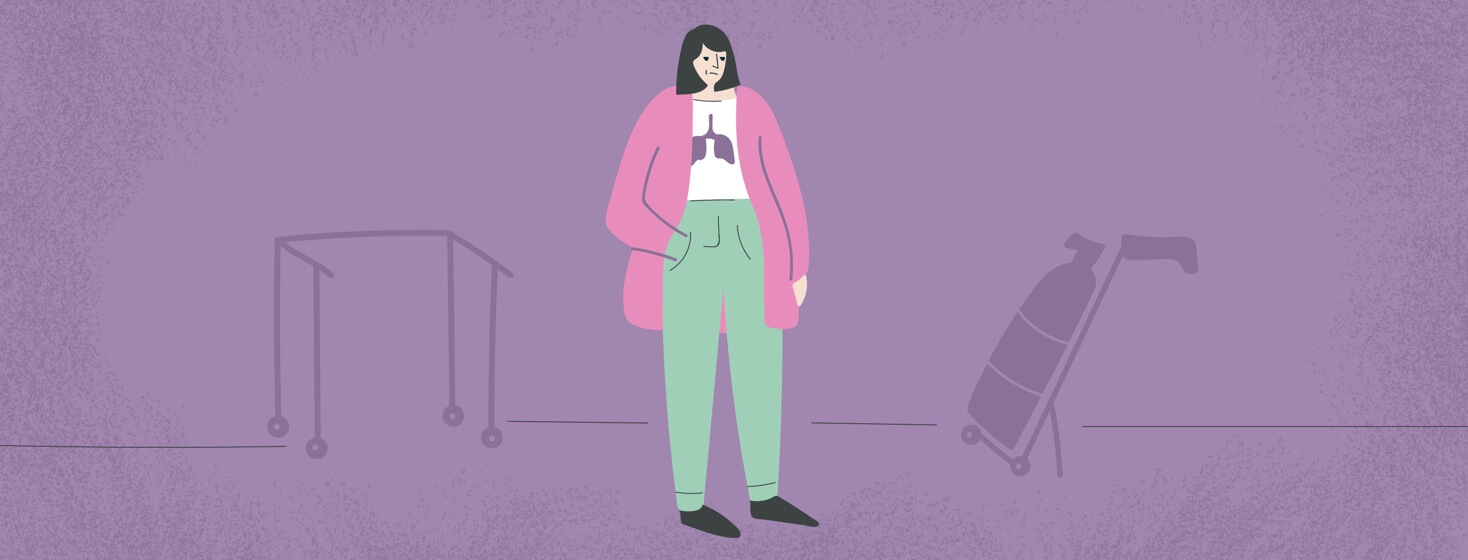It's a Question Of How I Look
People make assumptions based on what they think they see when they see me. It's always a question of how I look. Then when they say you don’t look sick or you look great, I wonder what that means.
Are they thinking I am cured?
Do they think I am cured? Can it be that they are that misinformed about something that affects me, every minute of every day?
If I say I am having a great day or a great week and have been stable for the past month, what are they thinking? Does it mean that they think I am no longer sick?
I don’t want to be so narcissistic that I am only thinking of myself, but because my illness takes up every minute of every day and I have repeated my story hundreds of times, it is what I am now all about.
Not kidding about my illness
On the one hand, I want to look as good as I can so I put on my make-up, do my hair, and get dressed out of my pajamas for a change. Sometimes I even shave my legs. Not that anyone will see them, but it makes me feel better.
Then, when I do all that work, and someone comments on how good I look, I wonder if they think I have been kidding about my illness.
Everyone’s chronic illness is a bit different. Some are stuck between being too sick to work and not healthy enough to participate in normal daily life. Some have visible disabilities, and others are invisible.
For the most part, my illness is invisible, except for when I am wearing my oxygen and dragging my tank and walker around with me.
I am not faking or pretending
Some people will simply ignore my illness and never inquire about it. Some get a little too personal. Others are simply interested but really don't care.
Knowing the difference is important and not pushing information on the people who have no interest in you or what ails you. Waiting for the questions and allowing them to be asked is the key opportunity to educate.
Using every moment as an educational moment is a good first step. I do want people to understand how hard it is for me to pretend to be normal.
I want them to understand my illness and how and why it affects me as it does, but blending your old and new life can be tricky.
They don't care how you look
If they haven’t stayed in touch, they probably don’t care what is happening to you, and there is simply nothing to talk about. It is hard to find the conversation, and you are begging your body to behave. Those who are close to you and follow your story every day are your people.
These are the ones that can handle seeing you during good times and bad, mostly in pajamas, and accept it. They allow you to vent without judgment, offering a shoulder when needed.
They show up at the hospital whether they like it or not, rain or shine. These are our people, and they don't care how you look.
Editor’s Note: We are extremely saddened to say that on January 7th, 2024, Barbara Moore passed away. Barbara’s advocacy efforts and writing continue to reach many. She will be deeply missed.

Join the conversation